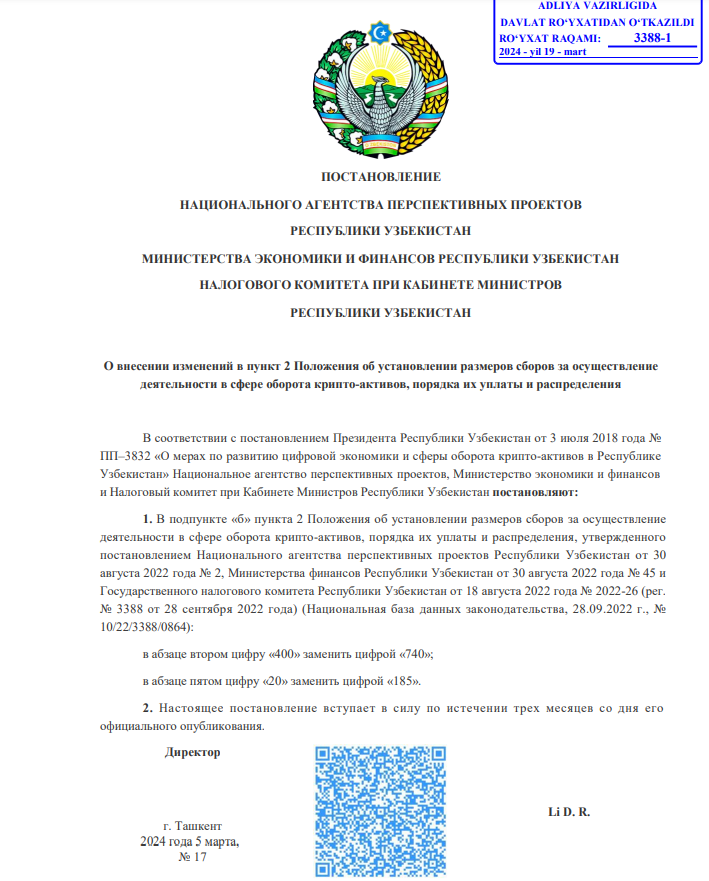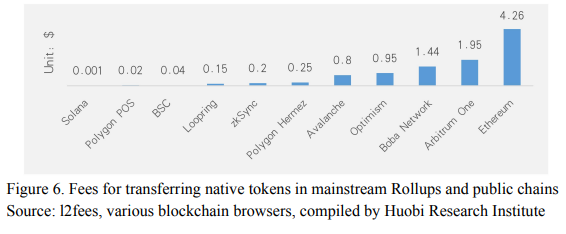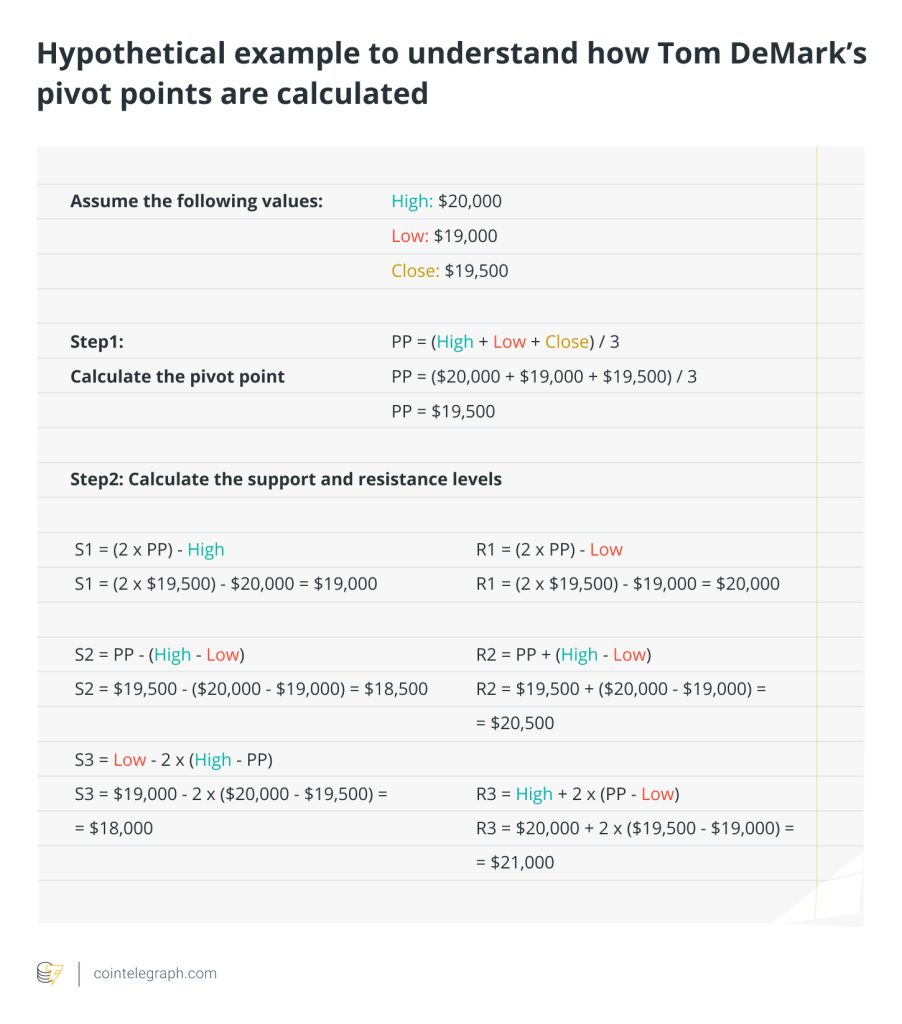Uzbekistan increases fees for crypto operations

The National Agency for Prospective Projects anticipates the revenue generated from the sector to double once the new structure is in place.

Uzbekistan’s National Agency for Prospective Projects (NAPP) has issued a new directive to increase the monthly fees for crypto market participants in the country. The mandate was given on Tuesday, March 19, 2024.
According to the official statement, the revised fee framework is an amendment to a directive initiated by the Ministry of Justice in September 2022.
This change follows the NAPP’s assessment of the “adequate profitability” within the cryptocurrency retail and exchange sectors, prompting the introduction of a new fee structure impacting both entities.
Under the updated fee system, crypto exchanges face a monthly fee of 740 basis reference value (BRV), equivalent to 251.6 million Uzbekistani som ($20,015) —the country’s fiat currency — marking a substantial increase from the previous fee of 400 BRV or 136 million som ($10,819). The BRV is primarily used to calculate various financial transactions, including taxes, fees and fines.

In contrast, crypto retailers now face a notably elevated fee of 185 BRV per month, or 62.9 million som ($5,003). Previously, the fees for crypto retailers stood at just 20 BRV, which is around 6.8 million som ($540).
According to the NAPP, the modifications aim to boost state revenue from the crypto sector. The agency anticipates the revenue generated from this sector to double once the new structure is in place.
The NAPP also guaranteed that the updated pricing structure would not harm the financial stability of industry service providers. The new structure is scheduled to take effect on June 20, three months after its official publication.
Related: Bitcoin mining restricted to legal entities in Uzbekistan — Regulators
The recent mandate follows closely after the NAPP signed a Memorandum of Understanding (MoU) with stablecoin issuer Tether.
Under the agreement, Tether will explore, promote and advance blockchain-based innovations in Uzbekistan, including innovations like stablecoins and digital asset tokenization.
As of now, the partnership’s specific details are undisclosed. However, Tether has disclosed plans to collaborate with Uzbekistan’s regulators to establish a legal and regulatory framework for crypto assets in the country.
This development also follows the NAPP’s plans to sue Binance. The agency alleges that Binance operates without a license and hasn’t paid the fines due. Only licensed exchanges are permitted in Uzbekistan, with trading servers mandated to be domestically hosted.
The government of Uzbekistan has restricted the provision of crypto services to licensed cryptocurrency firms since 2023. The first licenses were granted to local crypto firms in November 2022.
Before that, Uzbekistan restricted access to a number of large international crypto exchanges, including Binance, FTX and Huobi, due to accusations of unlicensed activity.






Responses